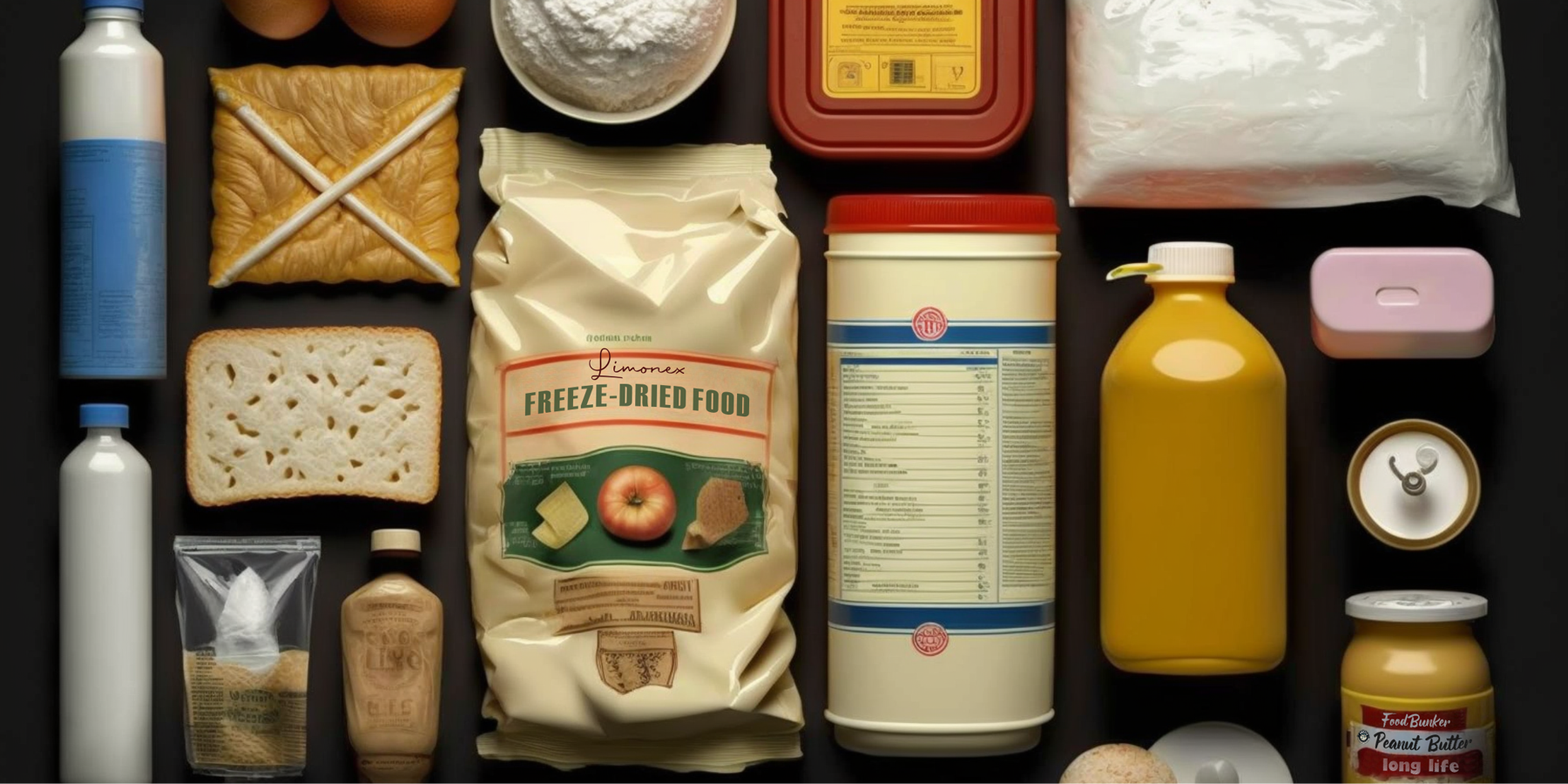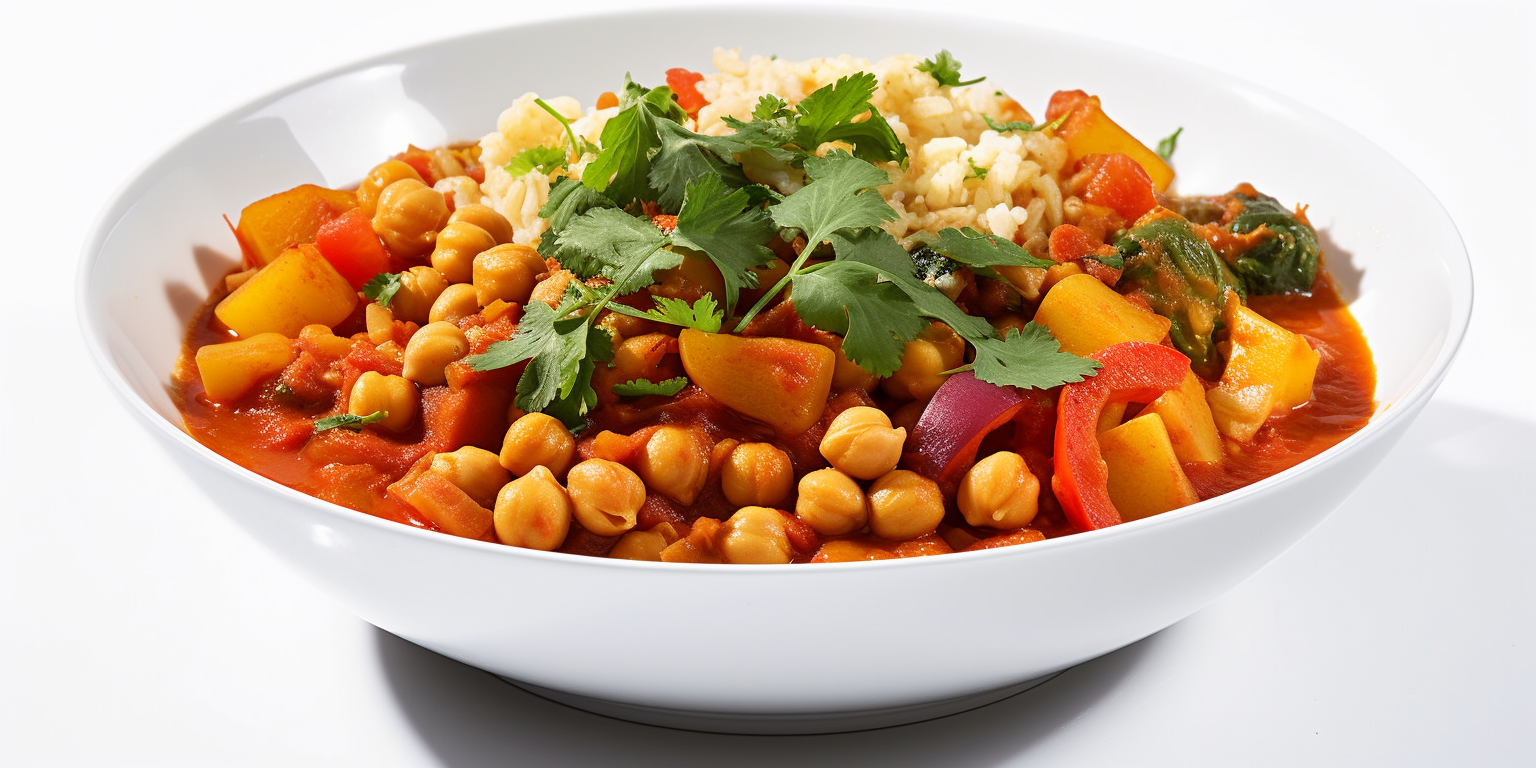
The Best High-Protein Foods for Your Emergency Food Supply
The Best High-Protein Foods for Your Emergency Food Supply
In the realm of emergency preparedness, one of the most critical considerations is maintaining a well-rounded and nutritious food supply. Protein, an essential macronutrient for building and repairing tissues, maintaining muscle mass, and supporting overall health, is particularly crucial. In emergency situations where normal food supplies might be disrupted, having access to high-protein foods can make a significant difference in maintaining physical strength and resilience. This article explores the best high-protein foods to include in your emergency food supply, combining practicality with nutritional value.
- Understanding the Importance of Protein
Proteins are fundamental components of all cells in the body and play crucial roles in bodily functions. The Dietary Reference Intake (DRI) for protein is 0.8 grams of protein per kilogram of body weight. The human body cannot store protein for later use, making it essential to consume adequate amounts daily, especially in stressful or physically demanding situations like emergencies.
- Canned Meats: A Reliable Protein Source
Canned meats such as chicken, beef, and tuna are excellent sources of high-quality protein. For example, a single can of tuna can provide around 42 grams of protein, making it a powerhouse for muscle maintenance. Canned meats have the advantage of a long shelf life of up to 5 years, and do not require refrigeration until opened.
- The Versatility of Beans and Legumes
Beans and legumes are not only high in protein but also provide dietary fibre, essential minerals, and vitamins. Options like lentils, chickpeas, and black beans are versatile and can be used in various dishes. The British Nutrition Foundation notes that cooked lentils contain about 9 grams of protein per 100 grams, along with significant amounts of iron and B vitamins.
- The Role of Nuts and Seeds
Nuts and seeds such as almonds, peanuts, sunflower seeds, and pumpkin seeds are compact, easy to store, and are excellent sources of protein, healthy fats, and other nutrients.
- Dried Meat and Jerky
Dried meats, including jerky, are lightweight, portable, and high in protein. They are ideal for situations where space and weight are considerations. The drying process removes moisture, inhibiting the growth of bacteria, which allows these products to last for months without refrigeration.
- Protein Powders and Bars
Protein powders and bars can be a convenient and efficient way to consume protein. They are particularly useful when you have limited time or cooking facilities.
- Cheese and Powdered Milk
Cheese in waxed or canned forms and powdered milk are good sources of protein and calcium. They can be stored for extended periods and are versatile in use. Make sure that you store powdered milk in a cool, dry place, and it can last for years without spoiling.
- Eggs: Fresh, Powdered, or Freeze-Dried
Eggs are an excellent source of complete protein. In addition to fresh eggs, powdered or freeze-dried eggs can be a practical alternative for emergency supplies. One large egg (or powered equivalent) contains about 6 grams of high-quality protein along with essential amino acids.
- The Benefits of Quinoa
Quinoa is a gluten-free seed that acts as a complete protein source, meaning it contains all nine essential amino acids. It's also high in fibre and minerals. Quinoa is easy to prepare and can be used in a variety of dishes, from breakfast porridges to dinner bowls.
- Freeze-Dried Meat and Poultry
Freeze-dried meat and poultry retain most of their nutrients and are rehydrated easily. They are lightweight and ideal for long-term storage. The freeze-drying process involves freezing the food and then reducing the surrounding pressure to allow the frozen water to sublimate directly from the solid phase to the gas phase. This process preserves the nutritional content of the food whilst creating compact, lightweight and portable emergency food.
- Soy Products: Tofu and Textured Vegetable Protein (TVP)
For those seeking plant-based options, tofu and TVP are excellent choices. They are versatile, easy to store, and high in protein. Including plant-based protein sources like tofu in emergency food supplies ensures dietary diversity and provides essential nutrients.
Final Thoughts
Preparing your emergency food supply with a focus on high-protein foods is a smart strategy for maintaining health and strength during unforeseen situations. A mix of animal-based and plant-based proteins can cater to different dietary preferences and needs. By choosing foods that are not only rich in protein but also have a long shelf life and are easy to prepare, you can ensure that your emergency food supply is both practical and nutritious. Remember, in times of crisis, having a well-thought-out food supply can make a significant difference in your overall well-being and ability to cope with challenging circumstances.
For further advice on emergency food supplies, including a broader look at building a food reserve that provides you with all your critical nutritional requirements, we suggest you read How to create an Effective Long-term Emergency Food Supply.
Suggested Articles
10 Foods That Should Be in Every Emergency Kit
Introduction: Importance of Emergency Kits No one can predict when an emergency might occur, whether it's a natural d...
Emergency Food Supply for Remote Locations: Challenges and Solutions
From the icy expanses of Arctic villages to isolated desert outposts, remote locations present unique challenges for ...
How to Cook with Emergency Food: Creative Recipes and Ideas
In times of crisis, having a well-stocked pantry of emergency food is crucial for survival. However, keeping meals ex...




